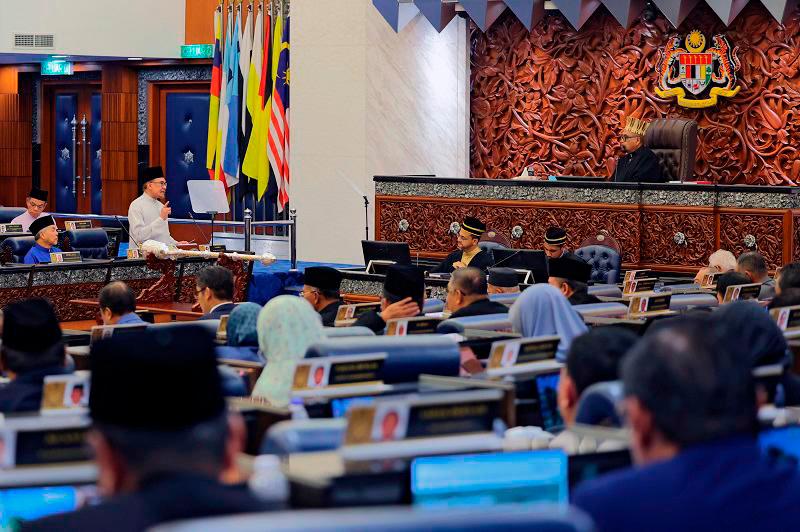KUALA LUMPUR: The expansion of the sales and services tax (SST) should help offset the projected fall in oil-related revenue to 3.0 per cent of gross domestic product (GDP) in 2025 from 3.2 per cent in 2024 on likely lower oil prices, Standard Chartered Global Research said today.
The government’s forecast range for 2025 oil prices is US$5 per barrel lower at US$75 - US$80 per barrel, compared to the forecast of US$80 - US$84 in 2024.
“The government intends to increase revenue by expanding the scope of the sales and SST to commercial services, such as financial services.
“In tabling the Budget 2025, Prime Minister Datuk Seri Anwar Ibrahim noted that SST will not be imposed on basic necessities,” it said.
Standard Chartered Global Research said SST collection is projected to rise to 2.2 per cent of GDP from 2.1 per cent.
Meanwhile, PwC Malaysia tax leader Steve Chia said it was pleasing to note that no major new taxes were being introduced in Budget 2025, giving businesses a breather after the multiple changes introduced in Budget 2024.
The proposal to expand the scope of SST by May 1, 2025, to include fee-based financial services and non-essential food items applies a progressive lens, and the introduction of a two per cent tax on dividend income exceeding RM100,000 for individual shareholders aims to broaden the tax net on a sustained basis.
The proposed introduction of a carbon tax in 2026 on the steel and iron industry addresses environmental concerns and can be seen as Malaysia’s response to the European Union’s Carbon Border Adjustment Mechanism (CBAM).
He said these measures collectively create a more robust and equitable tax system, supporting long-term economic and environmental goals.
“Overall, Budget 2025 is forward-thinking, riding on the back of positive economic sentiments, because of its focus on progressive tax measures, the rakyat’s well-being and workforce diversification,” he said.
Nevertheless, Chia said that certain measures, such as the expansion of SST, the introduction of a carbon tax and mandatory Employees Provident Fund (EPF) contribution for non-citizen workers, will require clarity beyond the proposed implementation date to facilitate preparation for these changes.
CIMB Securities said the concentrated scope of subsidy cuts was offset by taxes.
“While the higher revenue projections were expected, the introduction of a dividend tax on individual shareholders came as a surprise – though it fits with the progressive theme of the MADANI Economy.”
“This follows Budget 2024’s capital gains tax and 2023’s personal income tax hike for high-income earners,” it said.
CIMB Securities added that announced tax measures, including the tax on sugary drinks, global minimum tax and carbon tax, could add RM4.4 billion to government coffers and narrow the deficit to 3.6 per cent of GDP.









